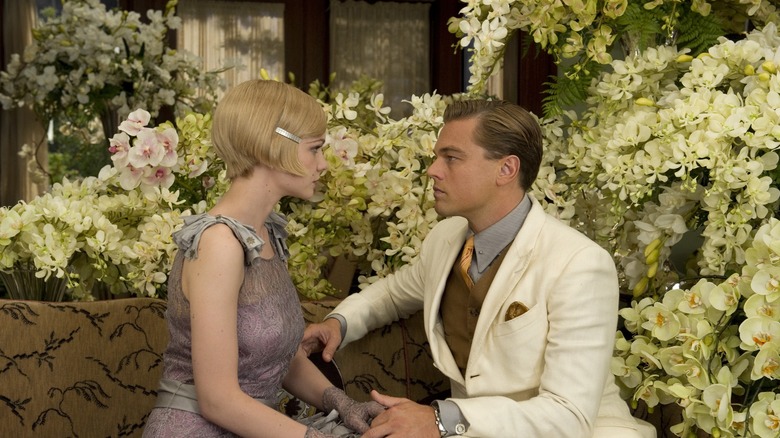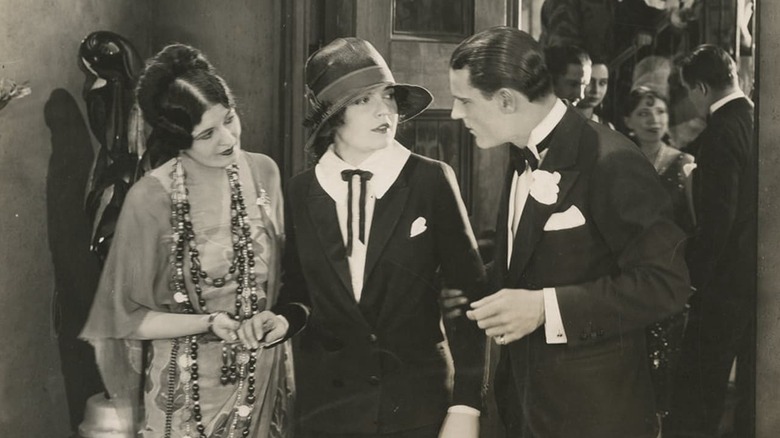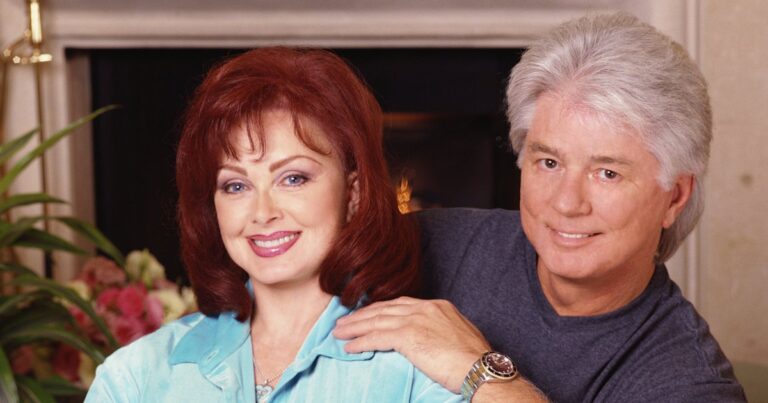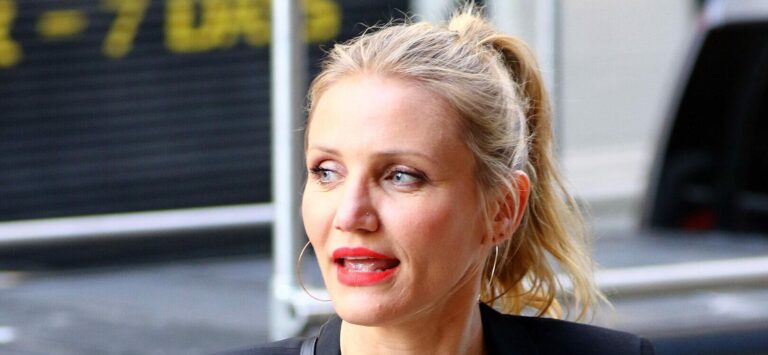Best adaptation of The Great Gatsby, according to Rotten Tomatoes
The debate about what constitutes the Great American Novel is endless, but The Great Gatsby by F. Scott Fitzgerald always finds a place in this conversation. It might be tempting to simply reduce the author’s work to a staid depiction of the Roaring Twenties, but Fitzgerald’s book also cuts through illusions, maintaining the fascinating mystery that surrounds her titular figure. Once the fog clears and both Jay Gatsby and his (only) friend Nick Carraway are exposed for who they are, there is a deep sense of emptiness. Don’t get me wrong, The Great Gatsby is a story about the inherent emptiness of the spectacle, the obscene opulence, and the relations of comfort that create the illusion of depth. However, once we encounter the rare flashes of moving sincerity in such a terribly tragic story, the empty allure of the green light at the heart of the novel takes on an eerie sheen.
Surely such a complex, beloved book has spawned at least one film adaptation that comes close to capturing its elusive essence…right? Well, there are no easy answers, as some cinematic illustrations of The Great Gatsby are truly worthy of consideration despite their intrinsic flaws. The the most recent (and popular) rendition is Baz Luhrmann’s 2013 version starring Leonardo DiCaprio and Tobey Maguire, which has been criticized for losing itself in the loud hedonism it is meant to critique, leaving little room for subtlety. I would argue that Luhrmann devotes a lot of space to tense, interior momentsespecially while exploring the devastating myths that surround Gatsby as he teeters on the brink of losing everything. Still, the film doesn’t come close to doing justice to the complexity of the source material, though it never pretends to be something it’s not.
If we look at Rotten Tomatoes as a metric for determining the best Gatsby adaptation, then 1926’s The Great Gatsby was the winner with 52%. Yes, that’s the highest total to date, and every other direct adaptation of the novel — as opposed to individually inspired — has a “rotten” rating on the platform.
How is the 1926 adaptation of Gatsby different from the rest
Before talking about the 1926 version, let’s touch on one more the adaptation of “The Great Gatsby”, released in 1974 with Robert Redford, is well remembered and Mia Farrow, who play the respective roles of Gatsby and Daisy Buchanan. Director Jack Clayton stayed true to Fitzgerald’s novel (too faithful to greyness), bringing memorable passages to life with committed performances and bright stage costumes. But despite this sincere effort, which included a competent screenplay by Francis Ford Coppola, the film fails to capture the hypnotic pull of the themes that still fascinate us, resulting in an adaptation that never dares to find its own footing.
Going back to Herbert Brennan’s 1926 silent drama (Peter Pan, Neptune’s Daughter), we must surely admit that how much it differs from the original novel. Although this is a direct (and apparently the first) adaptation of the novel, it changes key aspects of the main characters, including Daisy’s (Lois Wilson) motivation for rejecting Gatsby (Warner Baxter) and the underlying circumstances of the fatal car accident at the end. However, the main rhythms of the tale are preserved: young Nick Carraway (Neil Hamilton) gradually sees Gatsby as he really is, while at the same time beginning to recognize Buchanan’s callous cruelty and hypocrisy. In a rather strange departure from the novel, however, the film ends with an idyllic shot of the Buchanans and their newborn, with no lingering hints of the tragedy they directly contributed to (or the man at the center).
The reason Brennan’s film is rarely mentioned in conversations about Gatsby is that it is now considered lost media, and only the trailer and a few short clips from the film are available for viewing. It should also be noted that Fitzgerald hated this adaptation, describing it’s like “rotten, horrible, and horrible,” though he didn’t elaborate why. If your search for a suitable adaptation of The Great Gatsby remains unsatisfying, you can always give Robert Markowitz’s 2000 version a good shot. It may not be much, but the film stars Paul Rudd in an impressive performance as Carraway, which is perhaps its only redeeming quality.










